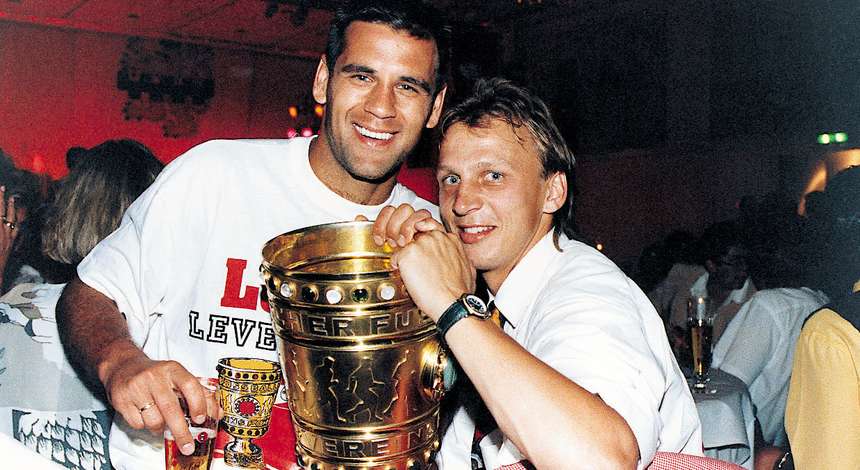
Everything changed in one fell swoop on 9 November 1989. The Berlin Wall was gone. Torn down. There was a thaw in relations. Instead of concrete and blockades, the course was set for detente. 'Gorbi' and 'Wind of Change' instead of Erich and Erich. Instead of Mielke and Honecker. Nobody needed to fear for their life in fleeing the Republic. Including footballers who wanted to make the most of their talent in the West. Reiner Calmund at Leverkusen discovered a dramatically changed basis for negotiations in his efforts to attract the best players from 'Socialist' Germany. Under the slogan of 'Germany a united Fatherland', there was suddenly a free exchange of matches and players, of goals and talents. From that point he was aided by the principle that so often helped in this tough sector: 'The fast consume the slow'.
The main man at the big club under the Bayer Cross was a man of action even with his jolly approach and genial character. He celebrated the fall of the Berlin Wall on 9 November 1989 in Berlin and then at home he concocted a plan of how his club could benefit from this development. He thought up an adventure with negligible risks. East Germany played Austria at the Prater Stadium in Vienna on 15 November in a qualifier for the World Cup in Italy the following year. The crowd of 57,000 included hundreds of scouts, talent spotters and player's agents from all over Europe who watched the performance of the East German players with keen interest.
In the thick of it
Bayer 04 are also represented. In the thick of it. Right inside. In eye to eye contact with the protagonists. Calmund sent the almost completely unknown Wolfgang Karnath, a chemical laboratory assistant and the coach of his U19 team, into action. And he had accreditation as a press photographer. His mission was to obtain important information for his boss from the lads (addresses, telephone numbers etc.).
What happen next has often been recounted by the former general manager. "Objectively and with no-nonsense", as he always liked to say, and embroidered to a certain extent so that the absurdity of the situation is properly portrayed. While the game was being played, Karnath edged ever closer to the visitors' substitutes bench and then sat down. Andreas Thom looking back: "He sat at the end of our bench with a photographer’s bib on and he didn't bat an eyelid." Cheek wins out.
That wasn't the end of it. The supposed photographer, with his smart appearance, managed to get into the GDR team hotel in Lindabrunn after the game and finally managed to obtain permission to join the flight back to Berlin. It was a done deal. The next day at the Grand Hotel on Friedrichstraße, Calmund was handed a crib sheet with all the crucial documentation and an indication of which players said they were interested in moving to the West. That included Andreas Thom, a first choice for the GDR team for years. The 24-year-old, playmaker and finisher at BFC Dynamo, the club favoured by the Stasi boss Eric Mielke, was the most targeted player from the East with his brilliant understanding of the game and his outstanding ability. 'Calli' was on fire and in search of signatures.
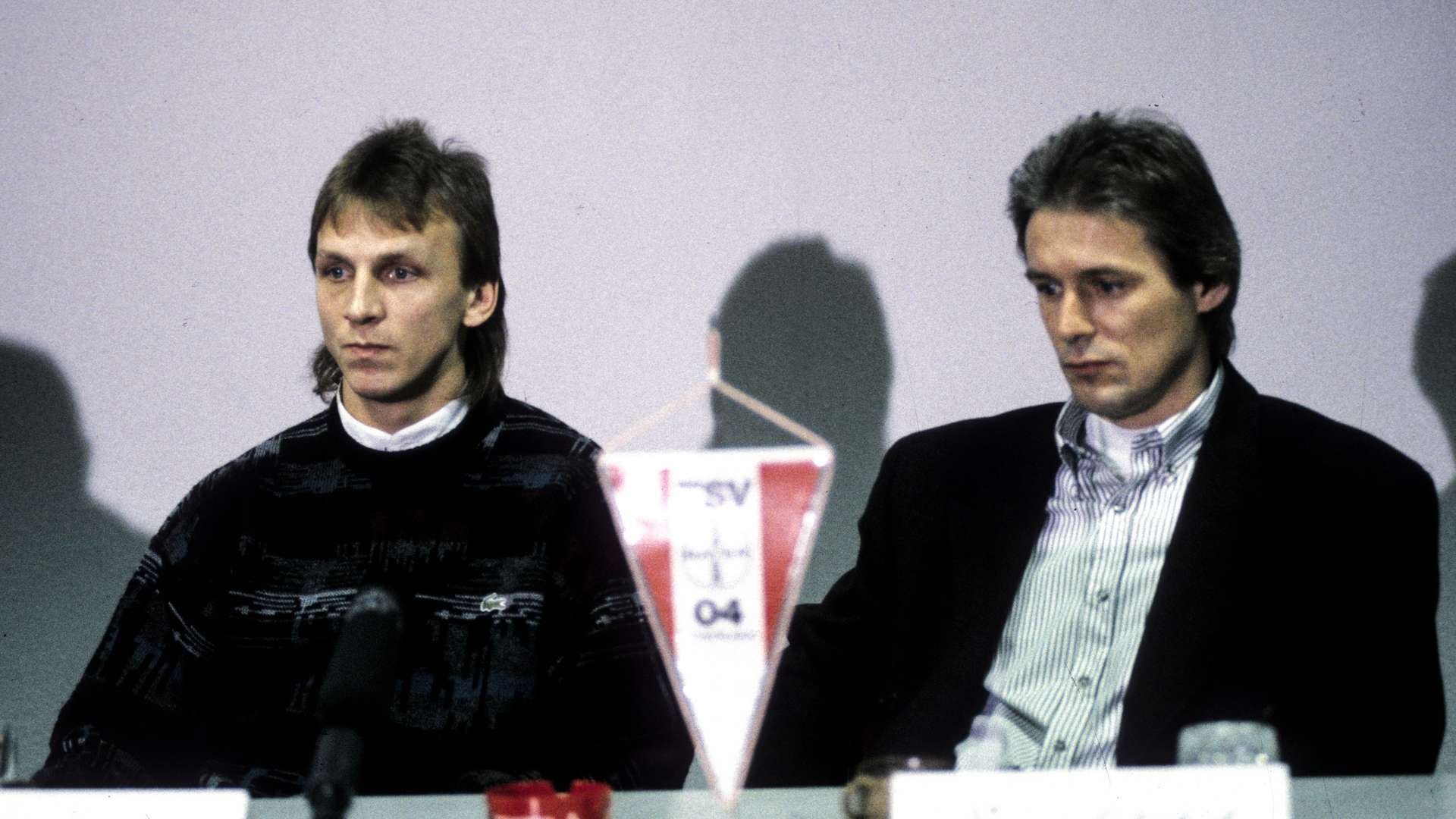
Andi' Thom signed a contract nine days after the first meeting in his prefab apartment. For him it was important that the deal definitely was agreed officially by the GDR FA and he wanted to be certain under all circumstances that his family would not face problems due to the move. At the start of December 1989 there was agreement with the GDR officials. The transfer fee was 2.5 million Deutschmarks. On 12 December, the transfer of the player from the GDR to the Bundesliga was officially announced and the presentation held. Bayer 04 played a significant part in shaping East-West German sporting history.
"Only a head and two legs"
Thom was supposed to appear in his new kit in the home game against FC Homburg on 16 December. The match was postponed due to the unplayable condition of the pitch. He then made his debut at the same place in the rearranged match on 17 February 1990. In the 3-1 win, Andrzej Buncol set up Thom to score the opening goal, his first for Bayer 04. Over his five years at the Werkself, he made 106 appearances and scored 37 goals. He soon got used to the experience at the beginning of being seen as something exotic from the East and that eased off after about six weeks: "You could see I also only had a head and two legs."
The Thom transfer was the go-ahead in the slogan dominant in football in the East: 'Go West'. Calmund, as busy as a bee, also had two other first class candidates as irons in the fire. He convinced the two internationals Ulf Kirsten and Matthias Sammer, both exceptional players, so-called match changes and crucial elements of their team Dynamo Dresden, that they would be well looked after at Leverkusen as their first stop in their careers in the West.
Calmund quickly got what he wanted in two valuable signatures and he believed he had achieved his desires. But things didn't go to plan; there were problems with implementation. After the intervention of the Chancellor Helmut Kohl ("You can't buy out the GDR"), the Bayer group management were worried about their image if Bayer 04 signed the three best players from the GDR in one go. With a heavy heart, the contracts with Kirsten (24) and Sammer (22) were cancelled. Shortly after that, the redhead Sammer sign for VfB Stuttgart. Borussia Dortmund showed a strong interest in Kirsten but had difficulty in meeting the financial conditions for the move set by the Dresden management. As it dragged out, Calmund intervened again and agreed a contract with the sharpshooter known as ‘Der Schwatte' (The Black One). This time it worked.
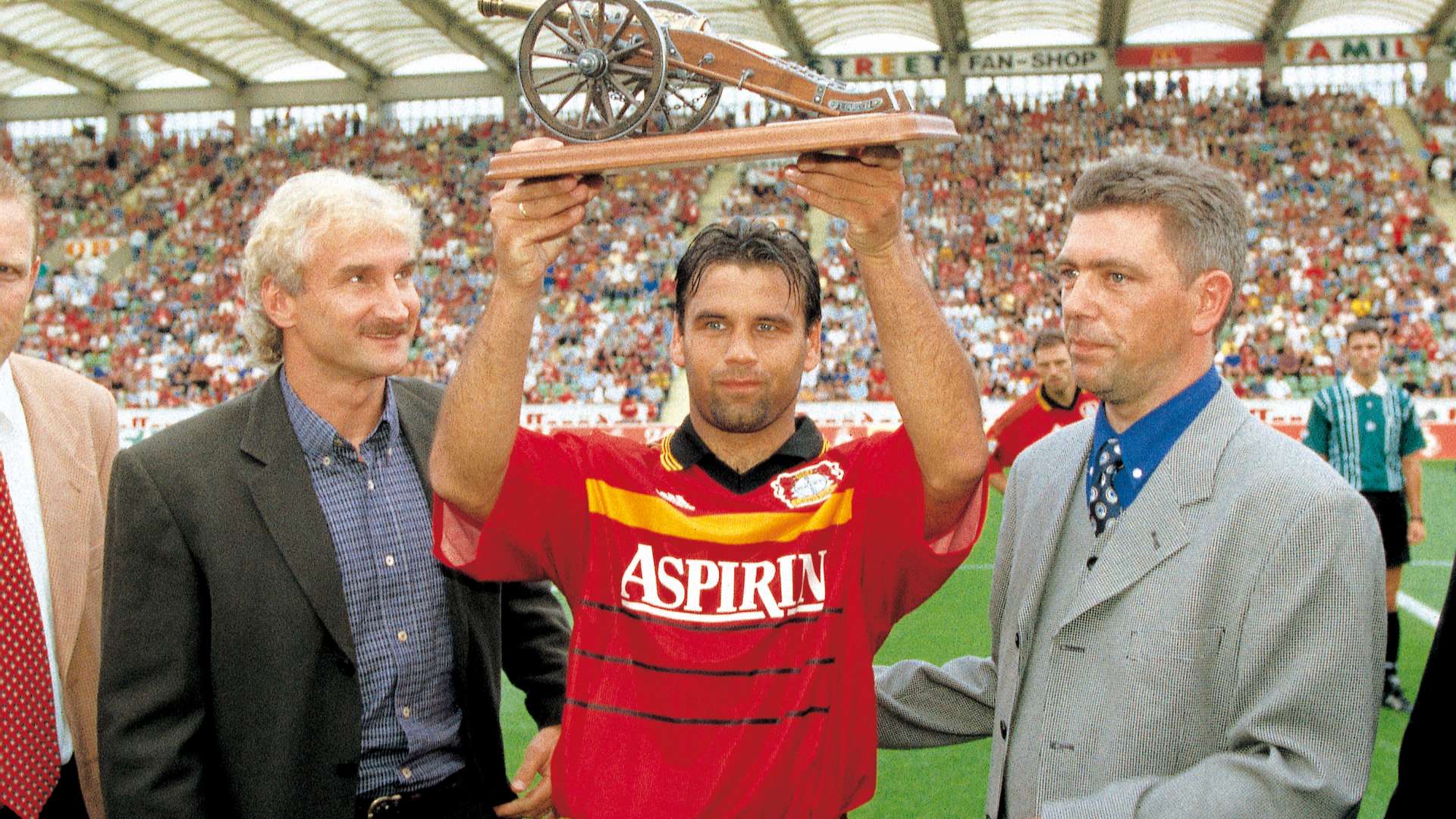
Along with his mate Thom, 'Der Torgarant' (the guarantor of goals) Kirsten from Riesa formed a congenial strike partnership and he soon became a firm favourite with the Bayer 04 fans. That affection continues to this day. Ulf played for the Werkself up to 2003 scoring 181 goals in 350 games. He gained 100 international caps, 49 times for the GDR and 51 times for Germany. His trophy cabinet has three mini cannons awarded by Kicker for being the top scorer in the league and he is also an enthusiastic motorbike fanatic.
In the summer of 1990, Matthias Stammann became the third East German player to join Leverkusen. The midfielder was signed from PSV Schwerin and he went on to play 41 Bundesliga games for the Werkself in four years and that included winning the DFB Cup in 1993. Bayer 04 remained a popular destination for young players from the new federal states: Mario Tolkmitt, René Rydlewicz, Heiko Scholz, Jens Melzig, Mike Rietpietsch, Stefan ‘Paule’ Beinlich – the list of names is long and is joined by Werner Friese, who passed away in 2016, the goalkeeping coach for Bayer 04 from 1993 to 2001. And two other big names in the history of the Werkself also come from the East even though there moved to Leverkusen involved being at another club in the West first: Bernd Schneider (from Eintracht Frankfurt) and Michael Ballack (FC Kaiserslautern).
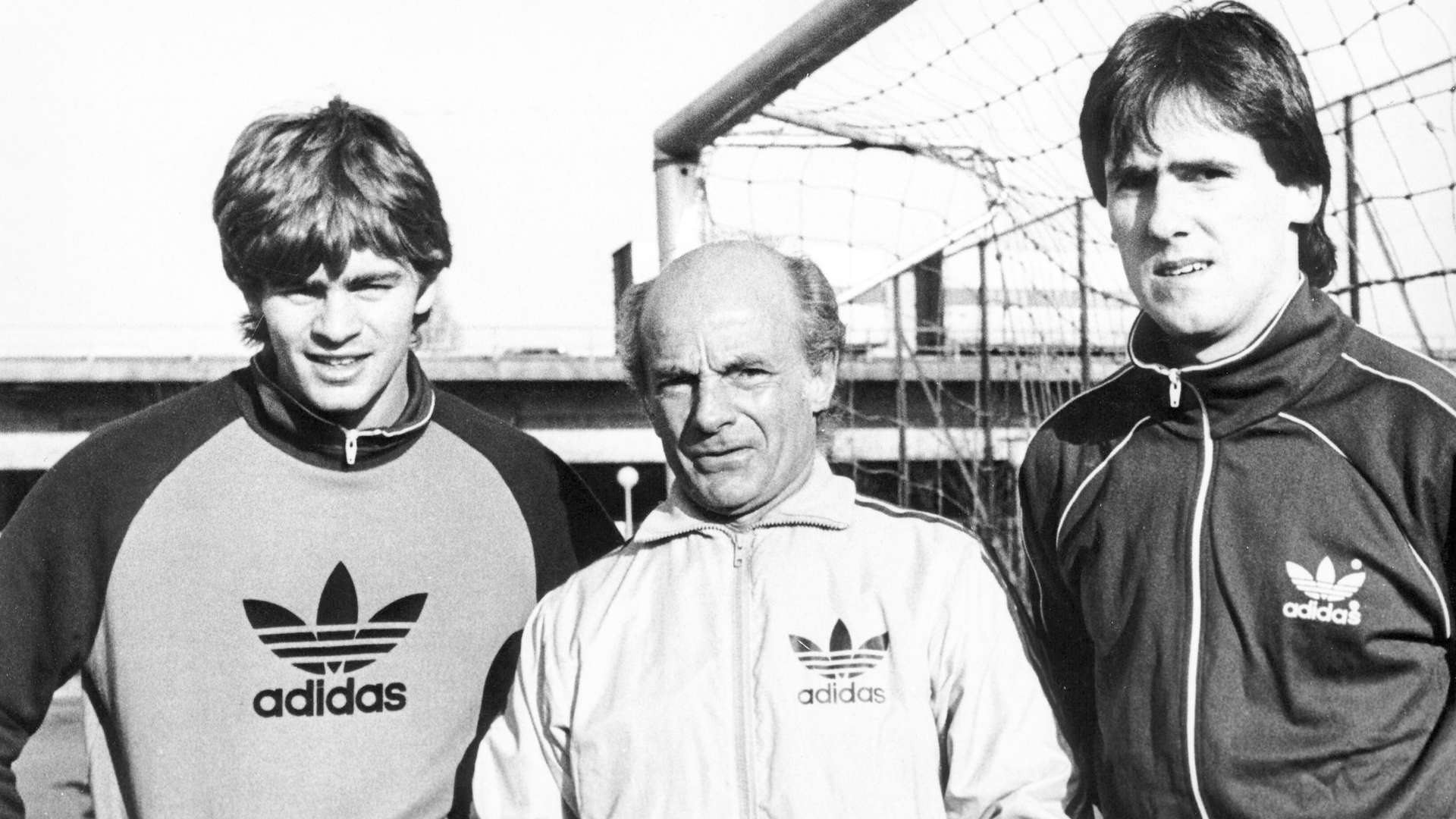
They were all preceded by two pros who risked their lives in swapping sides in 1983: The young talent Falko Götz (21), an ambitious striker, and Dirk Schlegel (22), an impressive defender, defected to the West when their club FC Dynamo Berlin played at Partizan Belgrade. Their target: The promised football land of the Bundesliga. Götz and Schlegel exploited a moment of inattention by their minders during a shopping trip in a department store where they used a side entrance to escape to the West German embassy. With diplomatic support and on their own account they managed to bore the night train to Munich in Ljubljana. The adventurous flight led them to a new life. And a new freedom to use their legs both on and off the pitch.
12-month ban at the start
The young players from East Germany had to serve a 12-month ban in West Germany according to the rules of FIFA. Falko Götz, UEFA Cup winner in 1988 with Bayer 04 and a goalscorer in the second leg of the final against Espanyol, recalls: "For me it was important to make contact with Jörg Berger as he was my coach with the GDR youth team and therefore the first port of call for me." Berger, who also escaped from the GDR via Yugoslavia in 1979 and was by that time an established coach in West Germany, organised contact with Leverkusen and Reiner Calmund who agreed contracts with the duo. The GDR defectors describe themselves in public as "refugees from the world of sport". To avoid suffering a similar fate to a former team-mate Lutz Eigendorff, who died in a non-accidental car crash, they stuck to the advice from Berger to avoid making any comment that might provoke the GDR regime or to the describe themselves as political refugees. Nevertheless, the Stasi files on Götz contained material that pointed to a planned kidnap.
The original German text is mainly the work of the author Hermann-Josef Weskamp.

Related News
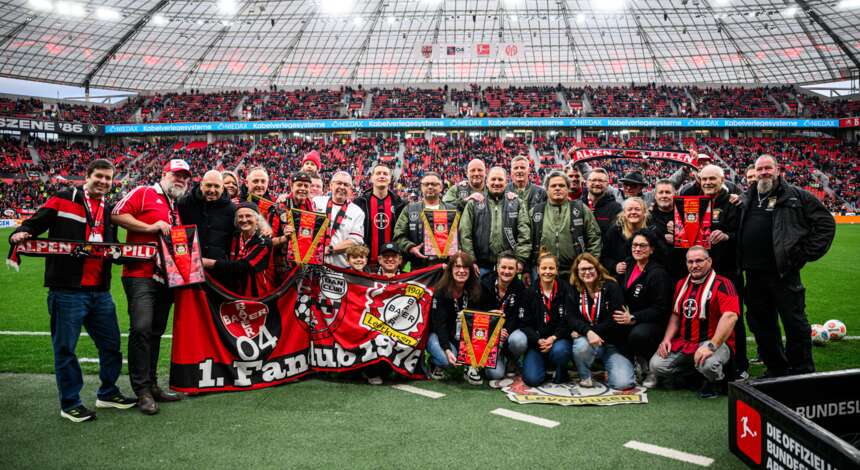
Bayer 04 honour six fan clubs for decades of loyalty at Mainz game
From special edition jerseys to fan banners, the home game against Mainz 05 was all about the many Bayer 04 fan clubs. Accordingly, a fitting tribute to the long-standing Werkself supporters was not to be missed during half-time in the Bundesliga match. Fernando Carro, CEO, honoured the up to 50-year anniversaries of six fan clubs in front of the coaches' benches at the BayArena.
Show more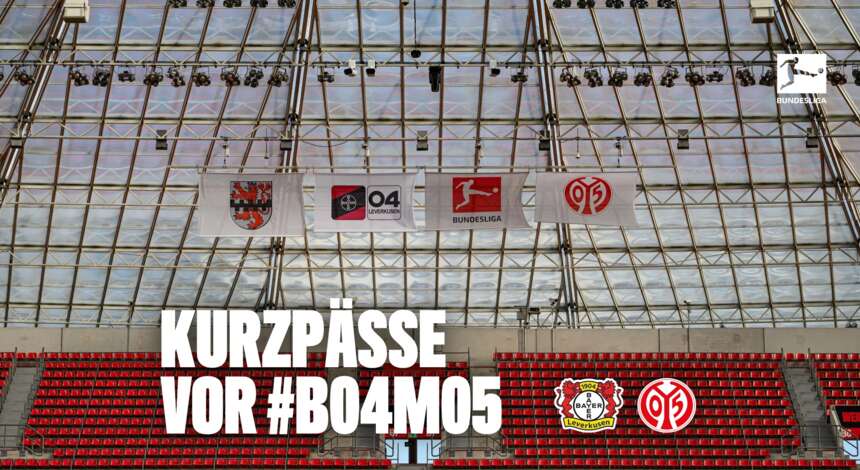
Matchday news #B04M05: Special jersey on fan club matchday
There’s lots going on at the BayArena today. The home game against FSV Mainz 05 is all about the numerous Bayer 04 fan clubs, whose birth - the founding of the "1. Fanclub 1976 Leverkusen" - dates back 50 years. A number of fan club representatives will be involved in awards, a banner display and a half-time matchday chat, and the Werkself are set to play in a special white fan club jersey. During half-time, Leverkusen mayor Stefan Hebbel and javelin world champion Steffi Nerius will also talk about the Olympic bid involving Leverkusen. Black and Red fans are advised to get to the stadium in good time today. Matchday news.
Show more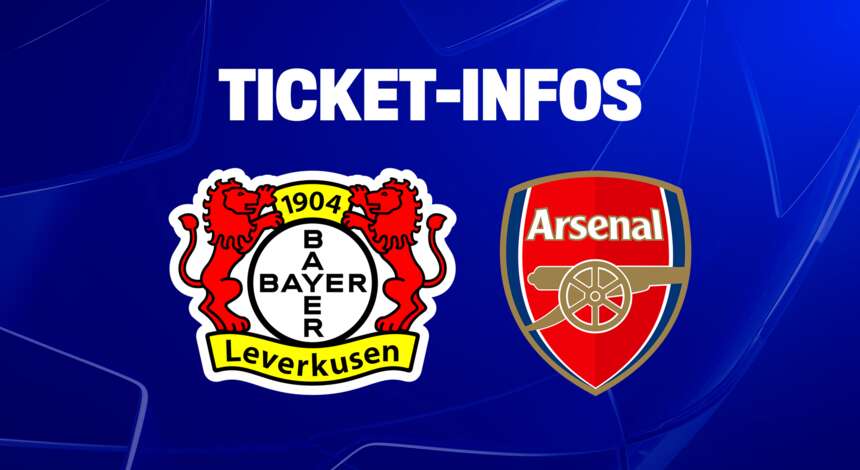
Tickets for the Champions League Round of 16 home game against Arsenal
The Werkself host Premier League club Arsenal in the Round of 16 first leg in the 2025/26 UEFA Champions League campaign. The match at the BayArena is on 10/11 March. Read on for information on ticket sales for this fixture.
Show more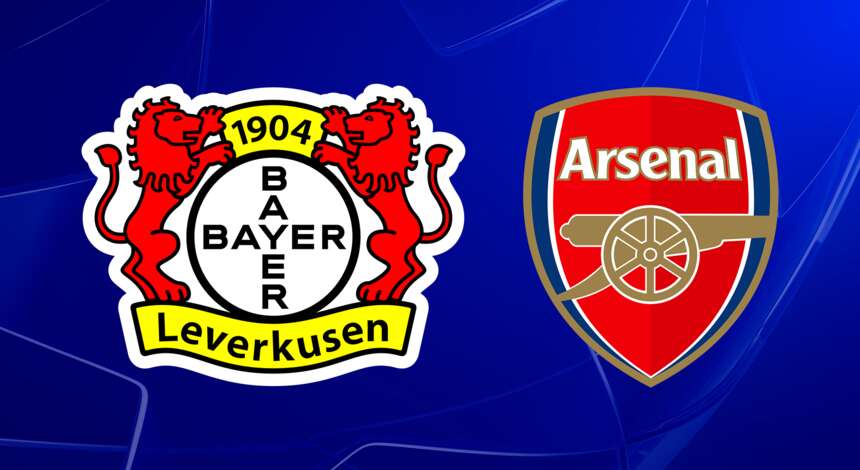
UEFA Champions League: Werkself face Arsenal in Round of 16
The draw for the Round of 16 in the UEFA Champions League 2025/26 was made today, Friday 27 February: Bayer 04 face Premier League leaders Arsenal. Managing director sport Simon Rolfes sees the English team as a "top opponent" and is looking forward to meeting former Werkself players Kai Havertz and Piero Hincapie again.
Show more
Our next opponents: On the right track with evident quality
After three consecutive victories, FSV Mainz 05 recently suffered setbacks against Borussia Dortmund (0-4) and Hamburger SV (1-1) in the battle to stay up. Nevertheless, the Mainz 05 performance curve has shown a clear upward trend in recent weeks. Their coach and a former Leverkusen player in particular have played a decisive role in this. The lowdown on our next opponents.
Show more